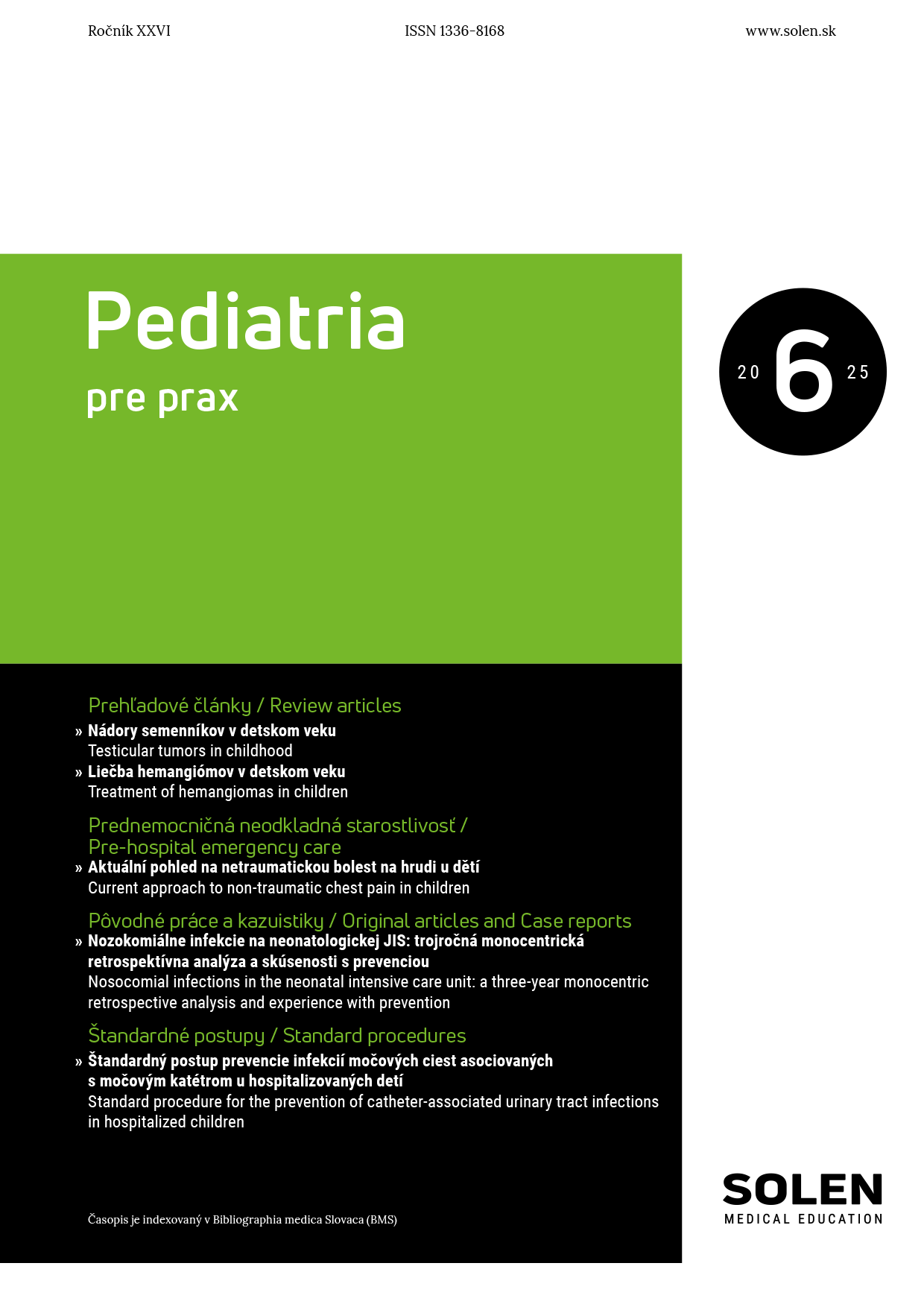Neurológia pre prax 6/2017
Roztroušená skleróza: dimethyl fumarát a fingolimod – od klinických studií ke klinické praxi
Doc. MUDr. Martin Vališ, Ph.D., MUDr. Zbyšek Pavelek, PhD.
Roztroušená skleróza (RS) je nejčastější autoimunitní onemocnění postihující centrální nervový systém. Je také nejčastější neurologickou příčinou invalidity u mladší a střední věkové populace. Cílem léčby je minimalizace klinických projevů spojených s RS a časné potlačení aktivity nemoci. Dimethyl fumarát (DMF) a fingolimod patří mezi základní léky k ovlivnění průběhu relaps-remitentní formy RS. Uvedený článek se zabývá srovnáním DMF a fingolimodu v klinických studiích a v klinické praxi.
Kľúčové slová: roztroušená skleróza, dimethyl fumarát, fingolimod
Multiple sclerosis: dimethyl fumarate and fingolimod – from clinical trials to clinical practice
Multiple sclerosis (MS) is the most common autoimmune disorder affecting the central nervous system. It is the most common cause of neurologic disability in young and middle-aged adults also. To minimize the clinical burden associated with MS, early control of CNS disease activity is a treatment priority. Dimethyl fumarate (DMF) and fingolimod are important drugs in the arsenal for treating relaps/remitent type of MS. This article is concerned with the DMF and fingolimod in clinical trials and clinical practice.
Keywords: multiple sclerosis, dimethyl fumarate, fingolimod

















